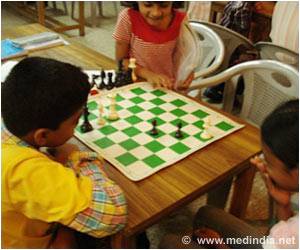Smart thinking is not a gift in one’s innate nature; instead it is instilled in our 'mental toolbox' which can be cultivated over time, suggests a new book.

Humans are not born with a particular capacity to do smart things.
"Each of the components of being smart is already part of your mental toolbox," he says.
Synthesizing research from many areas of neuroscience and psychology, Markman in his forthcoming book "Smart Thinking", gives examples of great thinkers such as James Dyson, industrial designer and founder of the Dyson company, to illustrate his core concepts such as the importance of understanding how things function.
"There is a lot of work exploring the difficulties of acquiring functional knowledge and examining ways to improve this type of learning," Markman says.
"Because Dyson knew about the way a lot of things work, he had what psychologists call causal knowledge. He also understood that it is possible to apply causal knowledge from one area to another area."
Advertisement
Markman scatters brief interjections throughout the book, which he calls "Instantly Smarter" - tips that readers can begin employing immediately.
"The main piece of advice is that you can become smarter," Markman said.
"By understanding the way you use knowledge to solve problems, you can develop smarter habits to learn more about the way the world works and to describe problems effectively," he added.
Source-ANI









